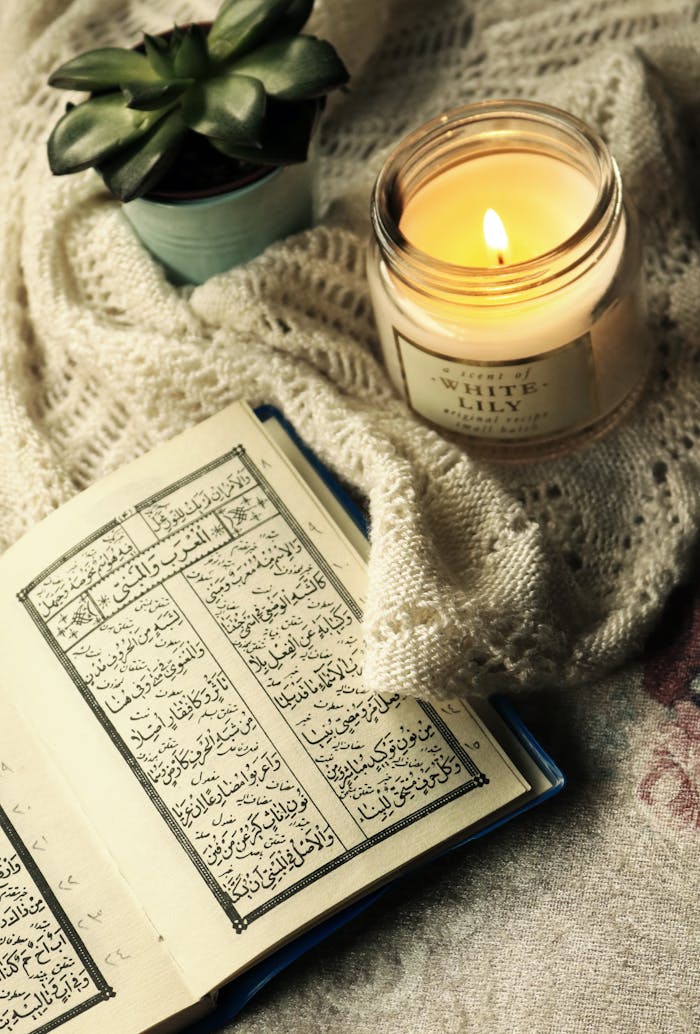Gratitude, or “shukr” in Arabic, holds a profound significance in Islamic teachings, weaving through the fabric of faith and spirituality. It is not merely a fleeting emotion or polite gesture but a fundamental attitude that shapes the believer’s relationship with Allah, the Creator, and with fellow human beings. In the Quran and the teachings of Prophet Muhammad (peace be upon him), gratitude is repeatedly emphasized as a cornerstone of faith, a source of spiritual elevation, and a means to attain blessings in this life and the Hereafter.
Gratitude as a Spiritual Act
At its core, gratitude is a spiritual act of acknowledging and appreciating the countless blessings bestowed by Allah. The Quran states, “And [remember] when your Lord proclaimed, ‘If you are grateful, I will surely increase you [in favor]; but if you deny, indeed, My punishment is severe.'” (Surah Ibrahim, 14:7). This verse encapsulates the reciprocal nature of gratitude in Islam—where expressing thanks not only invites more blessings from Allah but also fosters a deeper connection to Him.

Gratitude in Adversity
True gratitude is not contingent upon favorable circumstances but transcends them. It flourishes even in adversity, demonstrating steadfastness and trust in Allah’s wisdom. Prophet Muhammad (peace be upon him) exemplified this in his life, offering thanks to Allah in all situations, whether in times of ease or hardship. He said, “How wonderful is the affair of the believer, for his affairs are all good, and this applies to no one but the believer. If something good happens to him, he gives thanks, and that is good for him. If something bad happens to him, he bears it with patience, and that is good for him.” (Sahih Muslim).
Gratitude in Worship
Islamic worship rituals are infused with acts of gratitude. From the five daily prayers to fasting in Ramadan and giving charity (Zakat), each act serves as a testament to one’s gratitude towards Allah. The ritualistic aspects of Islamic worship are not mere formalities but avenues through which believers express their gratitude for the gift of faith and the opportunity to serve Allah.
Gratitude Towards Others
In Islam, gratitude extends beyond Allah to encompass gratitude towards fellow human beings. Prophet Muhammad (peace be upon him) said, “Whoever does not thank people, does not thank Allah.” (Sunan Abi Dawood). This Hadith underscores the importance of recognizing the kindness and assistance offered by others, whether through words of appreciation or acts of kindness.
Practical Ways to Cultivate Gratitude
- Reflection and Remembrance: Take moments throughout the day to reflect on blessings, both big and small, and express gratitude to Allah.
- Prayer and Supplication: Incorporate gratitude into daily prayers (Du’a) by thanking Allah for specific blessings and seeking His continued favor.
- Service to Others: Engage in acts of charity, kindness, and service to demonstrate gratitude towards Allah’s blessings and share them with others.
- Patience and Perseverance: In times of difficulty, practice patience (Sabr) and trust in Allah’s plan, knowing that challenges are also a test and an opportunity for growth.
- Avoiding Complaint: Refrain from complaining or comparing oneself unfavorably with others, focusing instead on gratitude for one’s unique blessings.
The Ripple Effect of Gratitude
The practice of gratitude in Islam extends beyond personal enrichment—it fosters harmony within communities and societies. When individuals cultivate gratitude, they become more empathetic, generous, and supportive towards others. This ripple effect of positivity strengthens bonds and builds resilient communities grounded in mutual respect and appreciation.
Conclusion
In conclusion, gratitude in Islam is not merely a virtue but a transformative spiritual practice that enriches the believer’s life and strengthens their relationship with Allah and fellow human beings. By cultivating gratitude in our hearts and actions, we align ourselves with the teachings of Islam and invite Allah’s abundant blessings into our lives. Let us strive to embody gratitude in all aspects of our lives, knowing that through gratitude, we fulfill our purpose as servants of Allah and contribute to a more compassionate and harmonious world.
May Allah, the Most Merciful and Generous, grant us the wisdom and strength to practice gratitude sincerely and consistently. Ameen.
Writer to hire:
Watch Islamic Podcasts

